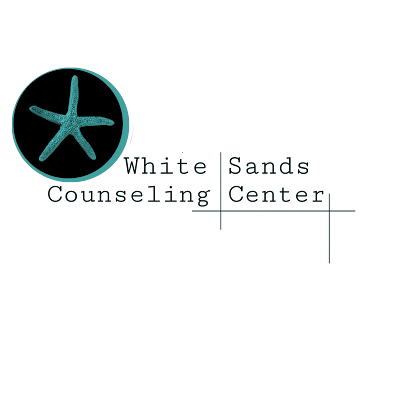A Different Approach to Lying
Therapy Blog Spot Sponsored by:
Welcome to Therapy Blog Spot, brought to you by White Sands Counseling Center. In these blogs we will highlight articles and blogs important to living well. As we get started we will have these blogs combined for life coaching, therapy and general tips and tricks to living well that we may come across in our research and continuing education.
This week we would like to feature an article we found in November 2018's Greater Pensacola Parents Magazine. This article was written by Sonia Martin, LMSW. To get in touch with Sonia, please email her at sonia.kidstolove@yahoo.com. Thank you Sonia for contributing your article to to the Therapy Blog Spot.
Therapeutic Parenting
By Sonia Martin, LMSW
A Different Approach to Lying
Few
behaviors want to make a parent's head explode more than lying. The very
concept of a child standing before you faced with your inquisition, while they
simultaneously and unapologetically lie without ceasing, is an affront to our
common sense of social decency. So, what do you do? You’ve tried it all. You have
threatened, yelled, cajoled, you’ve taken away the PlayStation for the 14th
time this month, their iPhone now permanently resides in your pocket, yet still…
they lie.
Well, let me first assure you that if you have a child with
a proclivity towards lying they are not necessarily destined for an orange jumpsuit.
Lying is commonly a simple survival tactic that our kids will utilize in an
effort to avoid a negative engagement. Their experiences have taught them –
when you mess something up, avoid taking responsibility at all costs, because
if you do, something will happen to you. It is no wonder they often will instinctively
and reflexively lie in an attempt at self-preservation. Due to the immaturity
level of our kids they don’t necessarily have that capacity to pause, really
think through the situation and be vulnerable enough to admit the truth.
So, understanding that, let me give you a couple of tips:
First, stop asking questions. If you have a child with a
proclivity towards lying, stop phrasing things in the form of a question. For
example, if your child has just poured themselves a cup of milk and you notice there is now spilled milk all over the
counter, instead of saying something to (the) effect of, “Why did you make such
a mess?” or “Why didn’t you clean up that milk after you were done?” which inevitably
will provoke a denial from your child; instead try phrasing things in the form
of a statement like, “Hey, sweet girl, I need you to grab that rag for me
really quick and clean up that milk, thanks for your help!” When your child
comes back at you with, “But it wasn’t my mess!” or “It wasn’t me!” you can
respond with an assurance that you are not looking to blame, you are simply
looking to address the issue at hand. “No worries, it doesn’t matter who it was,
I just appreciate your help,” and move on with your day.
Second, since we understand that lying can oftentimes be
reflexive – meaning your child hasn’t really processed the entirety of the
conversation or the question you are asking – you can give them an option for
an “out”. “Dude, I’m not sure that’s what really happened. Can you try that
again for me?” or “Let’s come back around to this later; I would love to know
what really happened.” Effectively, when you give them an option for a do-over
it prompts them to come out of that survival portion of their brain and re-engage
with their frontal cortex, which will allow them to respond much more appropriately
to your question.
Overall, understand that lying is a common childhood
behavior that in no way will define the complete trajectory of a child’s life.
Breath, and remind yourself that your child is in a learning process called
childhood. As we love, teach, train, disciple, serve and care for them in every
little day to day engagement, we are effectively coloring who they grow up to be…so
keep your eye on the long game. You got this!
White
Sands Counseling Center once again would like to thank Sonia for her work.
If
you are in the Pensacola area and looking for children and adolescent
counseling, or an adult overwhelmed with family life, White Sands Counseling can
help. Give us a call for a free consultation. (850) 525-2551



Comments
Post a Comment